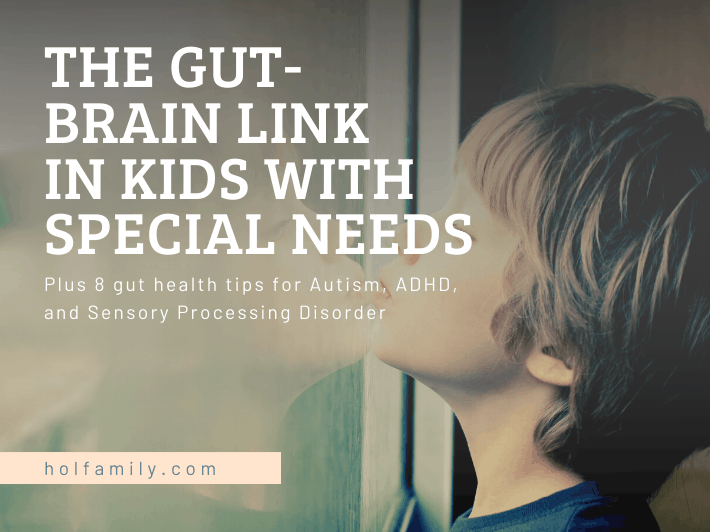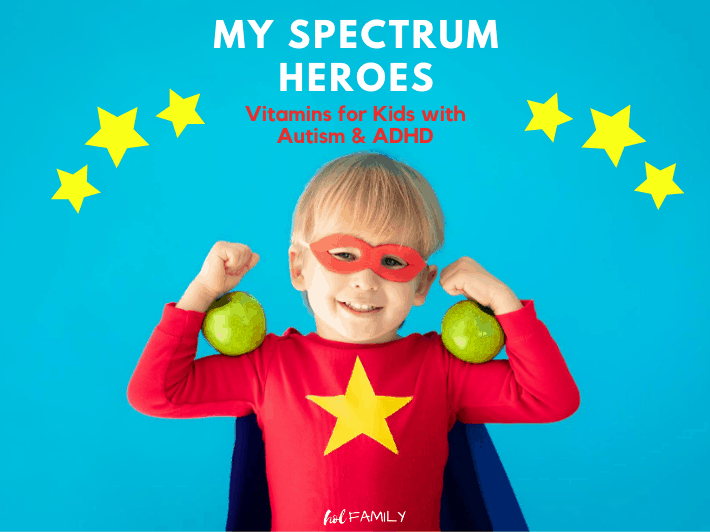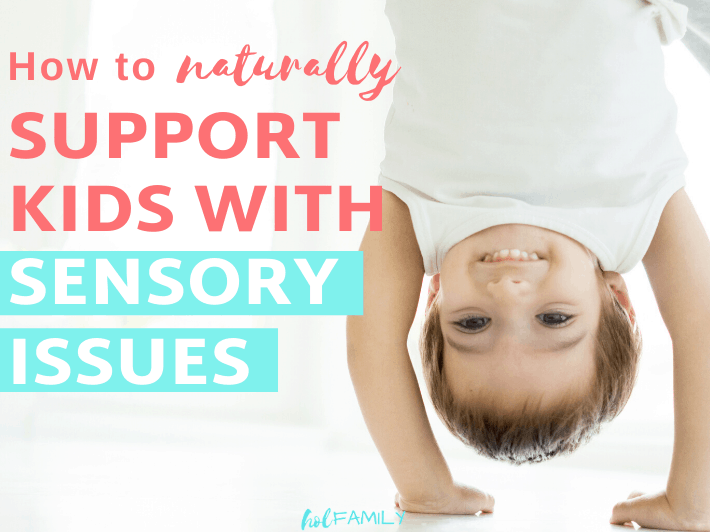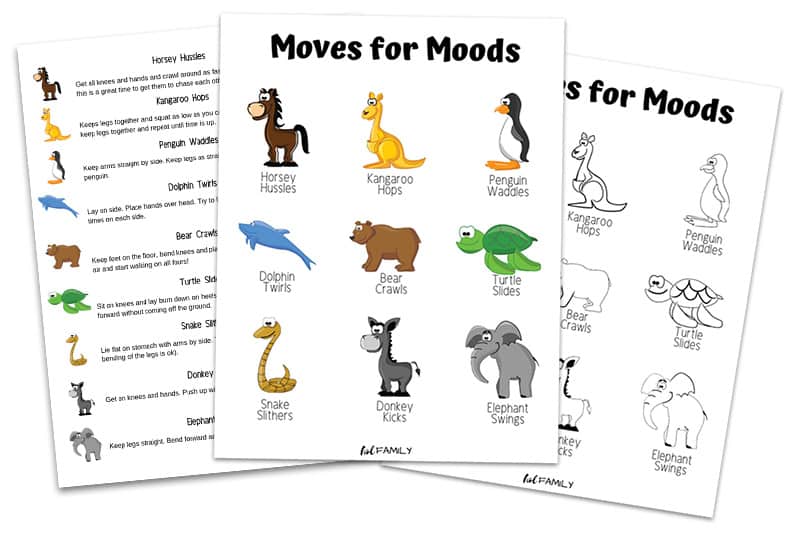I loved video games when I was younger. I mean totally loved them. I could spend hours upon hours holed up in my room absolved of all else while I immersed myself into my electronic addiction of choice.
It was so unhealthy.
As I got older and developed more responsibilities as a man, my inclination to block out the world and immerse myself into a game began to disappear. But not before I missed out on a lot of life at the expense of being willingly caged by the 4 walls of my room.
So when my wife and I first became parents we swore we would never allow video games into our house.
We mutually agreed that they were evil and must be banished.
Besides, we wanted our children to be avid readers, play outside, get dirty and embrace their imagination!
Were we being over-controlling and a tad bit unreasonable?
Yea… probably.
We eventually came around and started to question our “fire and brimstone antagonist” view on video games and agreed that as long as there was a controlled setting with healthy limits there can be and probably should be a place for them in the home.
With that decided we bought our oldest son – who has high functioning autism, a Nintendo Wii for his 7th birthday.
He had been transfixed on the idea of “Mario” for months… and now… NOW he could experience that game play first-hand.
When he opened up that gift and saw the system inside, he was beaming.
What a bright beam it was!
Seeing that joy in his eyes truly melted my heart.
But we had sadly turned to the dark side.
Had we really though?
Were there actually some benefits to video games?
Especially for children who struggle with autism?
Turns out yes!
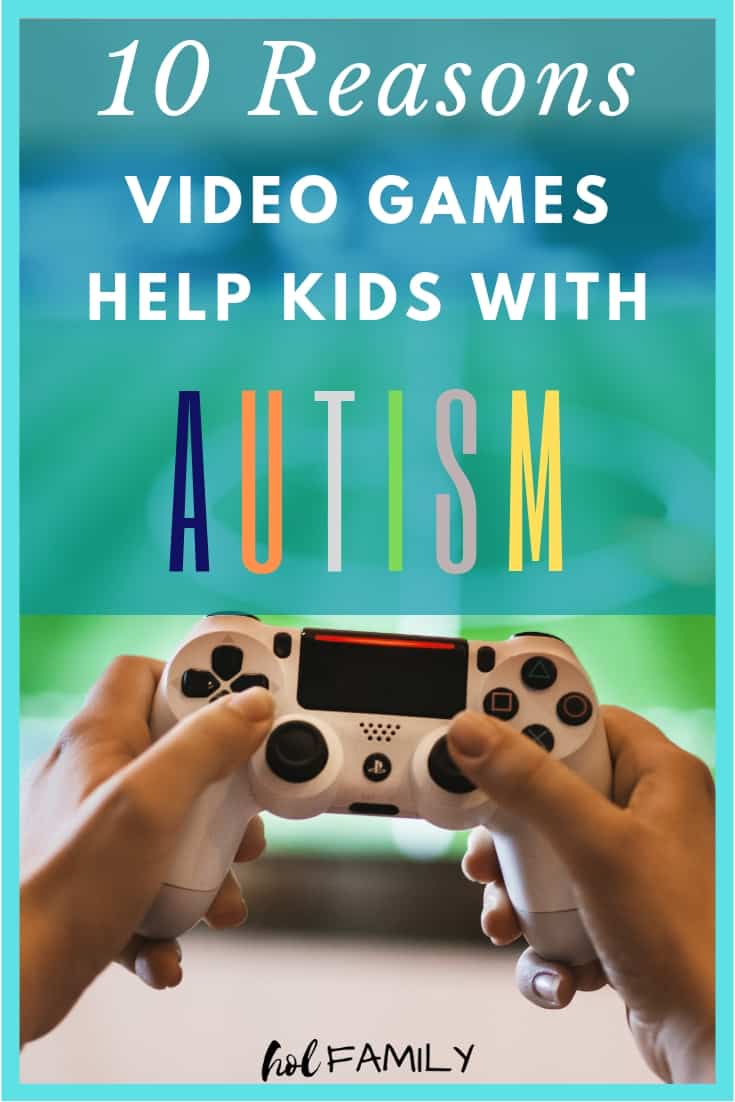
Here are the top 10 benefits of video games for children who have high functioning autism.
Enhances Social Skills
One of the most prominent struggles for children who are autistic but highly functioning is the struggle to fit in socially.
Lagging communication skills, inability to read social cues and narrow focuses of interest make it increasingly challenging for these children to fit in.
As a result they often pull away from social interaction even though they often have a strong craving for it.
I think back to the times my son had play dates with other kids. One of two things would happen (or a combination of both).
- He would run and hide. The anxiety of someone in his space was too much to handle. It was as if fear consumed him and he just couldn’t handle the change… even though he was excited.
- He would take his friend EVERYWHERE and show him EVERYTHING in the house over and over again. He would even point out a particular Lego piece that he used to finish a structure. It was complete information overload for his poor friend.
Video game play can help by offering a point of focus to a highly functioning autistic child during play dates.
It helps to ground them and opens up an avenue of social practice by creating a safe environment to discuss something of mutual interest (the game).
In time, this narrow point of conversation could naturally segue into other topics of discussion later.
Gives Opportunity to Practice Frustration Tolerance
Children on the autism spectrum commonly have a difficult time with frustration tolerance, emotional regulation and can frequently experience extreme and irrational irritability.
Like a light switch, they can go from a chill state to outright rage, leaving parents and anyone else in their explosive path at a loss for words and overcome with a feeling of helplessness.
It’s important to note that in the beginning, video game play could exacerbate these feelings of frustration and rage when things don’t “go as planned.”
But an important part of game progression involves problem solving; something that’s very difficult to do while angry or distraught.
If parents offer gentle suggestions and encouragement, certain video game play may be an ideal environment to try and think through these challenging problems.
Improves Flexibility and Adaptability
To accomplish tasks in some games, children are required to be highly flexible and adaptive in their thinking – often at the expense of “losing” while trying something new.
For instance, what worked to accomplish a goal at a lower level may not work on higher levels.
This flexible thinking can help them look beyond the “black and white” and into the “grey” area that high functioning autistic children usually struggle with.
Helps Hand to Eye Coordination
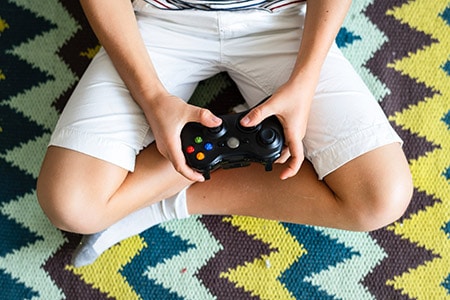
From catching a ball to riding a bike, children on the spectrum usually have some struggle with coordination.
These struggles usually cause low self-esteem and can create a fear of failure or a fear of other children witnessing their failure. This is enough to dampen any desire they may have had to continue trying.
Playing video games can give these children the chance to practice hand to eye coordination (eyes on the screen, fingers on the buttons) in the privacy of their own home or room.
This safe haven can ease tension and encourage continued practice without the internal fear of their failure being witnessed by others.
As their coordination improves and they see their own accomplishments (gaining higher levels, advancing in the game, discovering rewards) their self-esteem may also improve.
Can Be Used As a Bonding Tool

This is especially true with my son and I.
Playing a video game with your son or daughter can be a wonderful way to be involved with something that interests them.
It shows that you value them and the activities that they enjoy.
I like to use this time to purposefully engage in conversation (even though we are both in intense focus). It lets us work on multi-tasking skills, communication skills and allows us to bond all at the same time.
Nothing says “I Love You,” like time spent together.
Relieves Stress By Using Predictability
The world is a scary place for all autistic children. It’s highly stimulating and full of unpredictability.
Autistic children have a strong preference for the known and feel calmer and safer in such environments (1).
Some video games (such as Mario for instance) offer a level of continuous predictability:
If I press the A button, Mario jumps.
If I hold the B button, Mario runs.
This level of predictability can help keep an autistic child calm and grounded especially after a highly stressful episode or event.
Teaches Losing and Failing

Losing is just one of those things that’s a part of life.
Everyone loses at some point at something.
But being a good loser isn’t an innate trait that we’re born with. It’s a skill. A skill that can be taught and learned.
Video games are a wonderful outlet that will regularly challenge the development of learning to lose.
Because to advance in games it takes patience, time, perseverance and a willingness to take new, sometimes nerve-racking chances that can result in the undesired outcome of losing and having to start over.
Discovering and coming to terms with imperfection can be a tremendous challenge for children on the spectrum.
When my son first started playing Mario on his Wii, his frustration tolerance was non-existent. He would scream (and sometimes throw the controller) in a bought of anger because he couldn’t figure out how to get past a certain part in the game.
He quickly discovered that anger wasn’t the answer and wouldn’t get him any closer to advancing further.
With a little daddy-encouragement he slowly began to accept that losing was all part of the process.
The bottom line is discovering imperfection and coming to terms with it can be a difficult challenge for children on the spectrum – video games can help.
A Feeling of Control in a Non-Scary Environment
To an autistic child the world is a terrifying place. A place where everything is complex, chaotic and unstructured.
They’re not wrong. The world is like that, and it causes them a ton anxiety and fear.
But video games are an environment where they get to control the world.
They call the shots.
They decide to go forward, backward, explore, not explore, try new things, revisit old places… it allows them to feel a sense of control in an otherwise uncontrollable world.
I’ve experienced this on many occasions with my own son. A few minutes of game time helps him focus, decompress and totally unwind.
Teaches Teamwork
Some games have a cooperative challenge built into them when there are two players simultaneously.
These types of games require a player to think outside of “themselves” and formulate a plan with the other person on how to achieve a common task.
This doesn’t happen overnight and some children may fare better playing single player games in the beginning. At least until they become comfortable enough to let others see them fail or mess up.
Helps To Cross The Midline
A person’s midline is just a fancy way of describing an imaginary line going down one’s body and separating it into two halves.
Crossing that line is literally crossing one side (arms, legs) over to the other side. A perfect example of this would be rotating one’s left arm and touching their right foot.
The benefits of crossing the midline are many and it can have a profound effect on your child’s fine motor skills and ability to learn.
This is why we decided to get a Nintendo Wii for our son. There are so many games for that system that include an element of movement such as dancing, jumping, child friendly exercise routines and more!
My wife and I originally had our doubts about video games, but we’re glad we finally came around.
We still realize that they can be addictive and all-consuming, especially for autistic children…
BUT!
The benefits are there and they’re hard to overlook.
With healthy limits and parental monitoring, a video game system could be a great addition into yours and your child’s life.
What are your thoughts on video games? Are you for them or against them? Why or why not? Your opinion matters! 🙂

